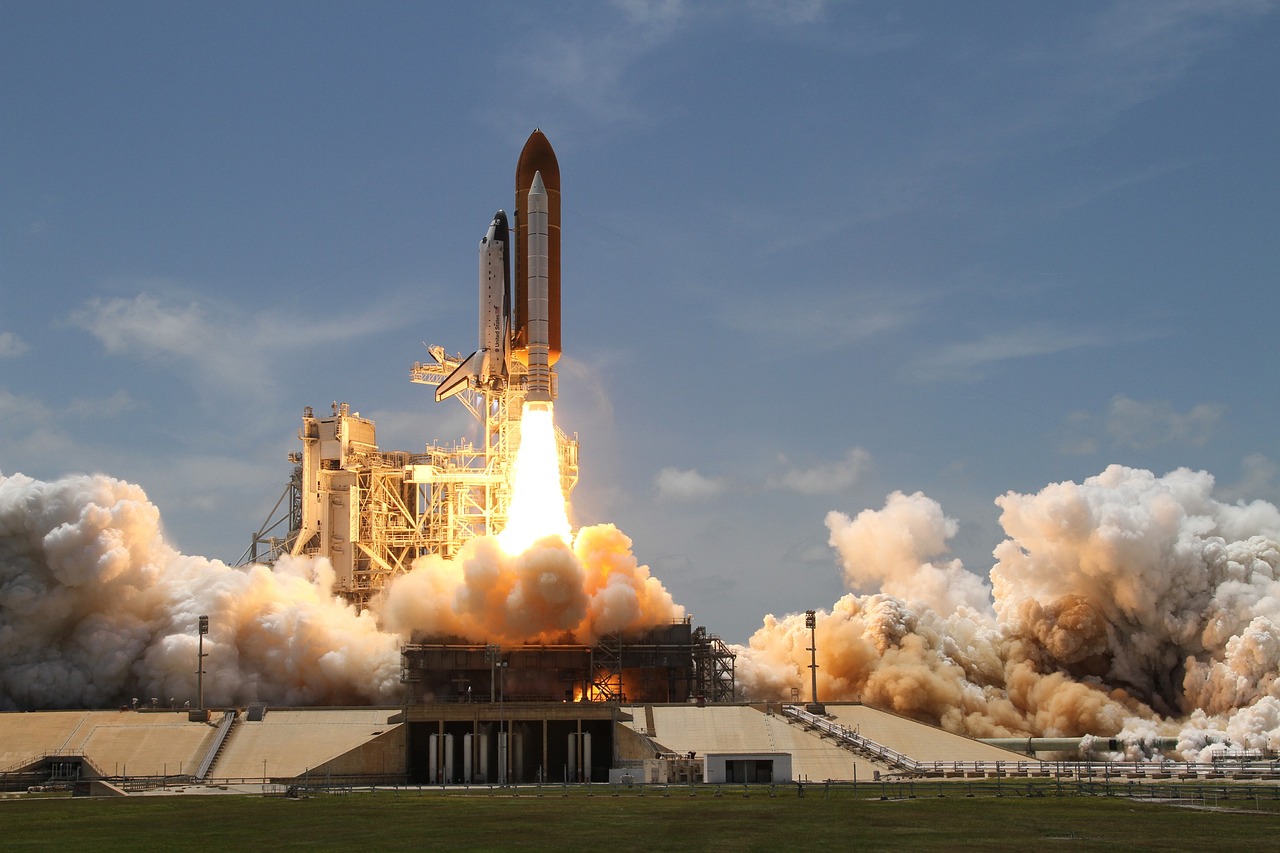Virgin Galactic has completed its second research-based spaceflight of 2023 and sixth successful spaceflight in the past six months, the company has said.
The Galactic 05 mission saw Virgin Galactic’s spaceship converted into a suborbital lab for space-based scientific research for the second time.
Dr Alan Stern, planetary scientist and associate vice president in Southwest Research Institute’s space sector, flew with two human-tended experiments, including a biomedical harness to collect physiological data related to human spaceflight.
Stern also conducted practice routines and procedures in preparation for a future NASA-funded suborbital research flight.
Kellie Gerardi, US payload specialist and bioastronautics researcher for the International Institute for Astronomical Sciences flew with three payloads, two of which evaluated healthcare technologies in microgravity conditions through the collection of biometric data.
The third payload examined how confined fluid behaves to inform future healthcare technologies in space.
Commenting on the mission, Geraldi said: “The suborbital science potential for Institutes like ours is unprecedented and I’m also struck by the broader societal impact of commercial human spaceflight – after today’s mission, Virgin Galactic is now responsible for producing 10 per cent of the world’s female astronauts, and I look forward to seeing that number soar for my daughter’s generation.”
Galactic 05 proceeded previous research-based mission Galactic 01, a mission with the Italian Air Force and National Research Council.
“Providing researchers with reliable and repeatable access to a high-quality microgravity environment is vital to our mission of expanding human knowledge and enabling scientific discoveries,” said Virgin Galactic chief executive Michael Colglazier.
“We will use insights from the mission to enhance the research capabilities of our future Delta-class spaceships,” he added.
Latest News
-
Government announces free AI training to upskill 10m people
-
OpenAI to launch SME accelerator as part of new EU scheme
-
TikTok settles addiction lawsuit hours before landmark trial against social media giants
-
WhatsApp launches lockdown security mode for high-risk users facing sophisticated cyber threats
-
Just Eat latest to launch AI voice assistant
-
Microsoft launches chip to speed up inference workloads in Azure
The future-ready CFO: Driving strategic growth and innovation
This National Technology News webinar sponsored by Sage will explore how CFOs can leverage their unique blend of financial acumen, technological savvy, and strategic mindset to foster cross-functional collaboration and shape overall company direction. Attendees will gain insights into breaking down operational silos, aligning goals across departments like IT, operations, HR, and marketing, and utilising technology to enable real-time data sharing and visibility.
The corporate roadmap to payment excellence: Keeping pace with emerging trends to maximise growth opportunities
In today's rapidly evolving finance and accounting landscape, one of the biggest challenges organisations face is attracting and retaining top talent. As automation and AI revolutionise the profession, finance teams require new skillsets centred on analysis, collaboration, and strategic thinking to drive sustainable competitive advantage.
© 2019 Perspective Publishing Privacy & Cookies









Recent Stories